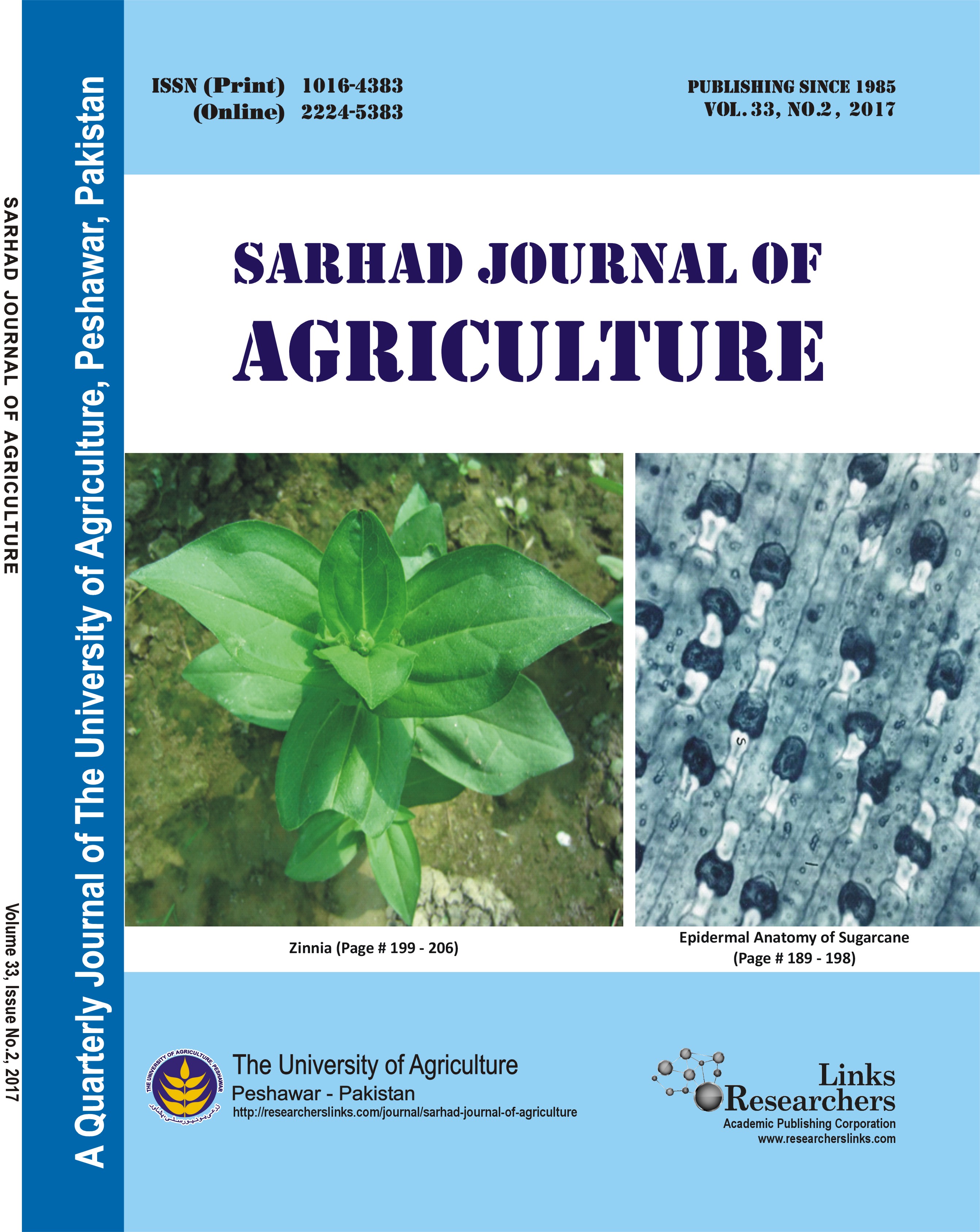Determinants of Renewable Energy Technologies Adoption and Energy Source Choice of Households in Boset District, Ethiopia
Determinants of Renewable Energy Technologies Adoption and Energy Source Choice of Households in Boset District, Ethiopia
Seble Mulugeta1 and Amenu Leta2*
ABSTRACT
Renewable energy technologies are the best option for rural peoples until hydroelectric power is well disseminated in the country. Ethiopia has been faced with critical energy access and supply problems with poorly ventilated cooking places. The current study examined factors determining households’ decision to adopt renewable energy technologies and energy source choice in Boset District. A two-stage stratified random sampling was employed to draw 210 respondents. The descriptive statistics and multinomial logit and the binary logit model were used to analysis the data . The descriptive result revealed that a total of samples 37 (17.6%) were adopter of modern energy sources, 50(23.8%) were adopter of both traditional and renewable energy technology, and 123 (58.6%) were user of traditional energy source. The binary logit model revealed that age, family size, education, income, number of livestock owned, land size holding, and training were significant to adopt technologies. The multinomial model indicated that age, family size, land size holding, Income, livestock ownership, education, and training have significant to modern and mixed energy choicesin references to traditional energy. The study suggested that continues training and education are required to enhance households’ awareness concerning renewable energy sources.
To share on other social networks, click on any share button. What are these?








